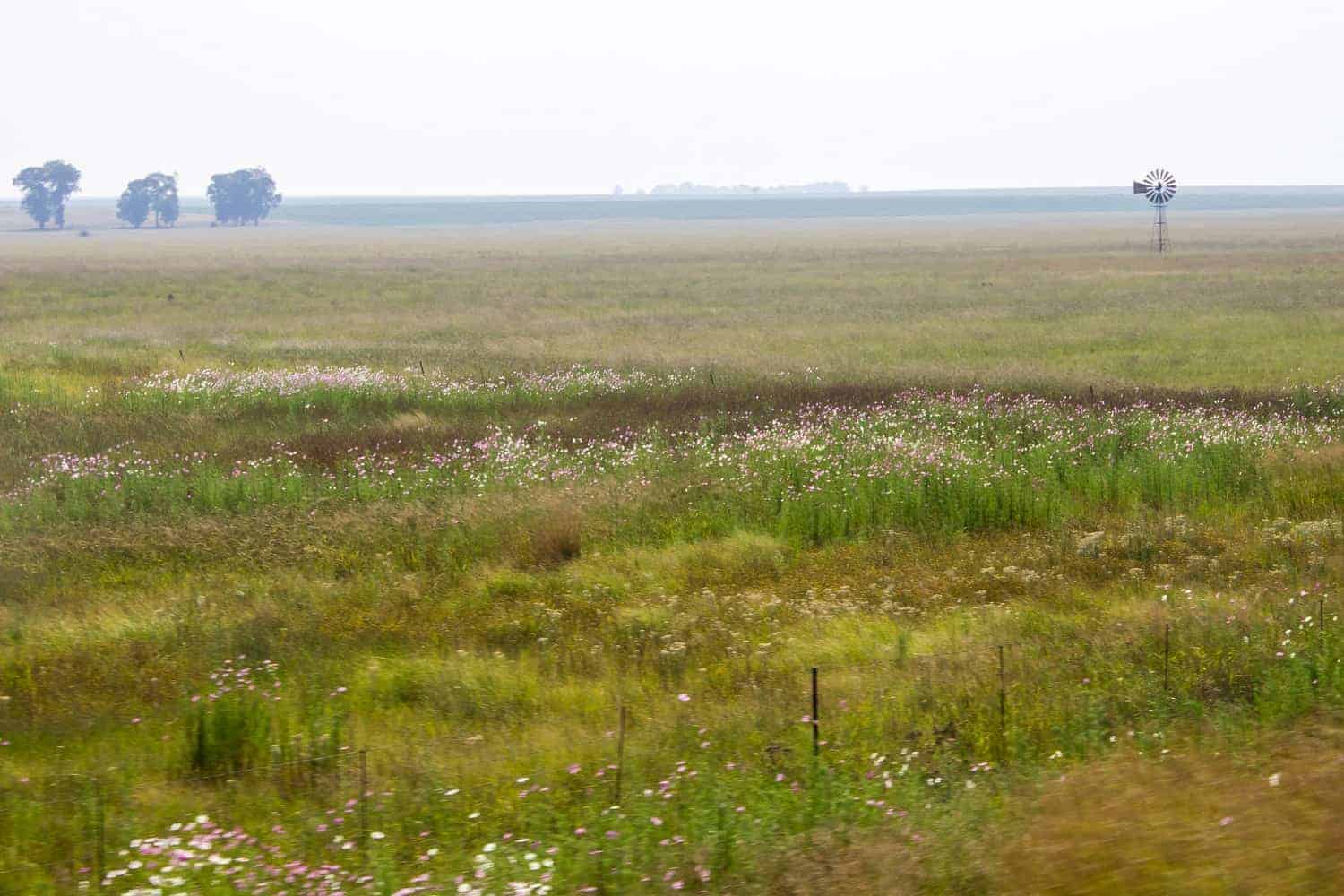The order, granted on Tuesday, also includes funds held in various bank accounts belonging to implicated entities and individuals.

The Pretoria High Court has granted the National Prosecuting Authority’s (NPA) Asset Forfeiture Unit (AFU) a forfeiture order to recover stolen government land.
According to NPA spokesperson Lumka Mahanjana, the land, belonging to the Department of Rural Development and Land Reform (DRDLR), was unlawfully transferred to individuals and business entities.
Investigations by the Special Investigating Unit (SIU) revealed that several government properties, including Farm 405 Randjesfontein, valued at R130 million, a farm that was earmarked for the African Parliament, Erf 170 Hurlingham, valued at R60 million, and Erf Hyde Park valued at R8.1 million, were fraudulently and unlawfully transferred from the government into the names of private individuals and entities.
ALSO READ: Crypto fraudster sentenced to 10 years in jail — R4.5m in assets seized
The order, granted on Tuesday, also includes funds held in various bank accounts belonging to implicated entities and individuals.
“These funds will be deposited into the Criminal Asset Recovery Account (CARA) to ensure that proceeds of crime are redirected to the State to support the fight against crime. The properties in question will also be returned to the state,” said Mahanjana.
Criminal investigations against the implicated individuals and entities are ongoing.
Asset Forfeiture Unit targets bank accounts
The second order, granted by the same court on Tuesday, targets R4.4 million held in 24 bank accounts belonging to unsuspecting individuals at two banking institutions.
Investigations revealed that a group of Chinese nationals paid unsuspecting individuals R200 to obtain their personal details, including photos.
ALSO READ: AFU obtains preservation order to seize assets linked to lotteries grant funding
The details were used to open various bank accounts, which were then used to conduct complex networks of fraudulent investment schemes that were advertised and promoted on social media platforms such as Facebook and WhatsApp.
The schemes were primarily promoted under different names, such as Trouva, Centamin, Hot Farm, and/or Benchmark Woodworking, among others, to mimic legitimate companies, Mahanjana said.
“These schemes took different forms and have been identified as having some features of both Ponzi and pyramid, where they defrauded investors by promising them unrealistic returns on investments, reliance on funds from new investors to sustain their operations, and payment of new investors from money received from earlier investors.
“Investors were lured into buying non-existent shares in sectors such as household furniture, agriculture and mining. The investor would deposit money in view of the ‘shares’ and ultimately, lose it.”
The operation was exposed when the banks alerted the National Consumer Commission (NCC) to a possible scam.
On 04 February 2025, the NCC referred the matter to the AFU for financial investigations.
The forfeited funds will be paid into the Criminal Asset Recovery Account (CARA).
Individuals who invested money into the scheme are encouraged to open criminal cases.
READ NEXT: AFU freezes R29m assets linked to syndicate who stole from Eskom






